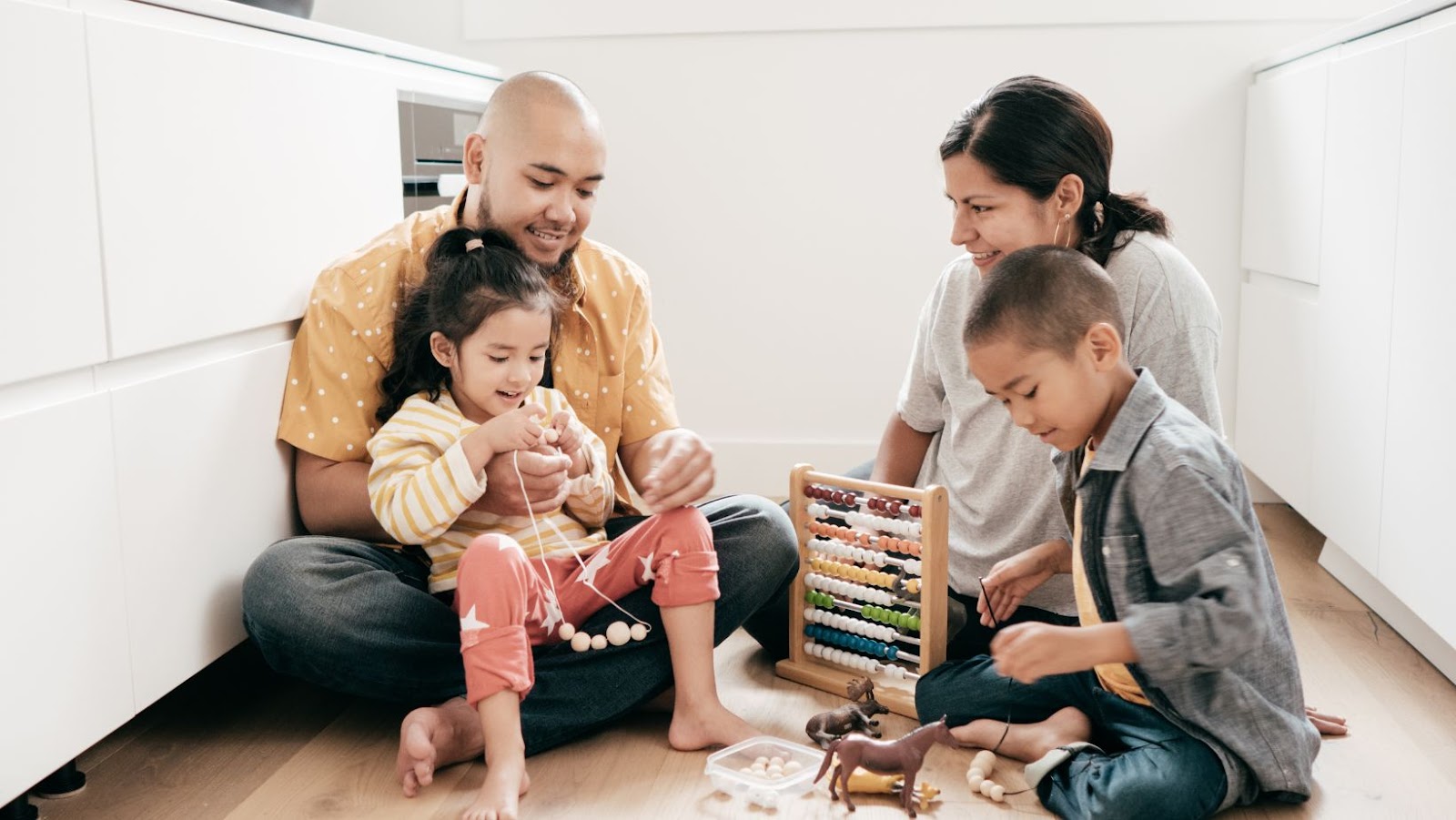Navigating through the complexities of parenting after separation or divorce can be a daunting task. A parenting plan, in essence, is a written agreement that outlines how parents will raise their children post-separation. It’s designed to provide clarity and minimize conflict between co-parents by establishing clear guidelines on various aspects of child-rearing.
What is Parenting Plan
A parenting plan, at its core, acts as a roadmap for parents navigating the often tricky terrain of raising children post-separation or divorce. It’s an agreement that outlines how they’ll co-parent their kids. The main aim here isn’t just about winning points in court, but more about setting up a healthy environment for the child to thrive.
These plans can be broad or detailed depending on the family’s needs. They typically cover key issues such as physical custody (where the child will live), visitation schedules (how much time each parent spends with the child), and decision-making responsibilities (who makes critical decisions regarding education, health care, etc.).
Why do you need one? Well, having a documented parenting plan can help eliminate potential arguments down the line. It provides clarity and consistency for both parents and children during what can be an emotionally charged time.
Here are some common elements found in most parenting plans:
- Physical Custody: This defines where your child will live primarily.
- Visitation Schedule: This indicates when your kid(s) will spend time with each parent.
- Decision-making Responsibilities: These guidelines determine who gets to make crucial calls concerning your kid’s upbringing.
- Communication Guidelines: These rules govern how parents should communicate with each other about their kids.
Creating a solid parenting plan might seem daunting initially, but it’s essentially about putting your child first and making sure they’re well-cared-for regardless of familial changes. Remember: it’s not about what either parent wants; it’s all about what best serves the interests of the child.
 Importance of Parenting Plans
Importance of Parenting Plans
Let’s talk about what a parenting plan is and why it’s so crucial. Essentially, a parenting plan is an agreement between parents that outlines the responsibilities and arrangements for raising their children post-separation or divorce. It serves as a roadmap, guiding both parties in their new co-parenting journey.
Promoting Co-Parenting
Parenting plans are instrumental in fostering successful co-parenting relationships. They’re not just documents; they’re tools that allow parents to find common ground on essential matters concerning their kids’ upbringing.
Here are a few benefits:
- Preventing Conflict: By setting clear expectations about parental duties, parenting plans can prevent disputes before they occur.
- Facilitating Communication: With everything laid out clearly, there’s less room for misunderstandings—ensuring better communication between co-parents.
- Providing Stability: Children thrive in stable environments. Knowing what to expect from each parent provides them with much-needed consistency.
Ensuring Child’s Well-being
But perhaps the most significant benefit of all is ensuring the child’s well-being. Here’s how parenting plans contribute:
- Meeting Emotional Needs: Kids often struggle emotionally during separations. Having structured routines can provide them with a sense of security during these challenging times.
- Prioritizing Their Interests: A well-thought-out parenting plan puts the child’s needs and interests first—helping parents make decisions that best serve their offspring.
 Creating a Parenting Plan
Creating a Parenting Plan
When it comes to the question, “What is a parenting plan?”, it’s essentially an agreement between parents that outlines how they’ll care for their children after separation or divorce. A well-crafted parenting plan can provide structure and stability, helping kids adjust during this challenging time. But what goes into creating an effective plan?
Key Components to Include
A good parenting plan should cover several essential areas:
- Living Arrangements: This includes where the child will live and when they’ll spend time with each parent.
- Decision-making Responsibilities: Parents need to decide who’ll make important decisions regarding education, healthcare, and other significant aspects of their child’s life.
- Communications Methods: It’s crucial to establish how parents will communicate about their child’s progress and any issues that may arise.
Each family is unique, so these components might look different depending on varying circumstances. For instance, some families might opt for joint decision-making while others may designate one parent as the primary decision-maker.
Factors to Consider
What is Parenting Plan, Creating a parenting plan isn’t a one-size-fits-all process; there are many factors you have to consider. Here are just a few:
- Child’s Age and Needs: Each stage of childhood has specific needs. What works for a toddler won’t necessarily work for a teenager.
- Parents’ Work Schedules: Both parents’ work schedules should be considered when determining living arrangements.
- Geographical Proximity: The distance between each parent’s home can also impact living arrangements.
In conclusion, understanding what is a parenting plan involves more than just knowing its definition—it’s about crafting an agreement that prioritizes your children’s wellbeing while accommodating the realities of your new family dynamics.